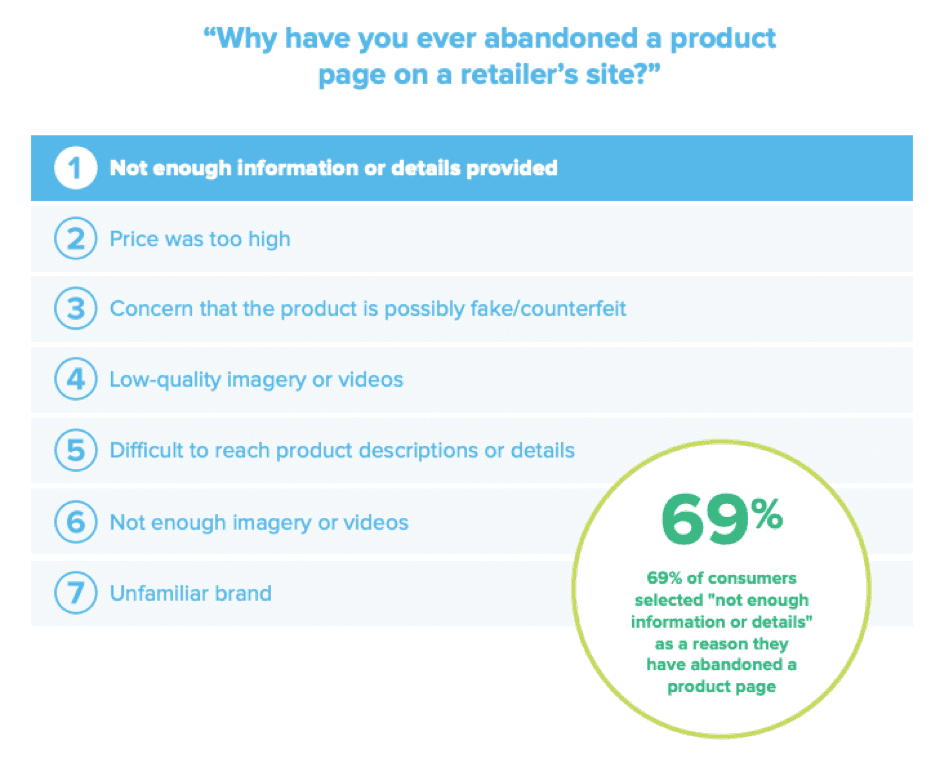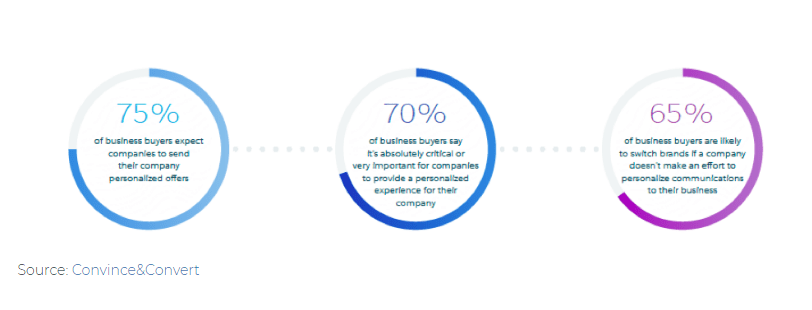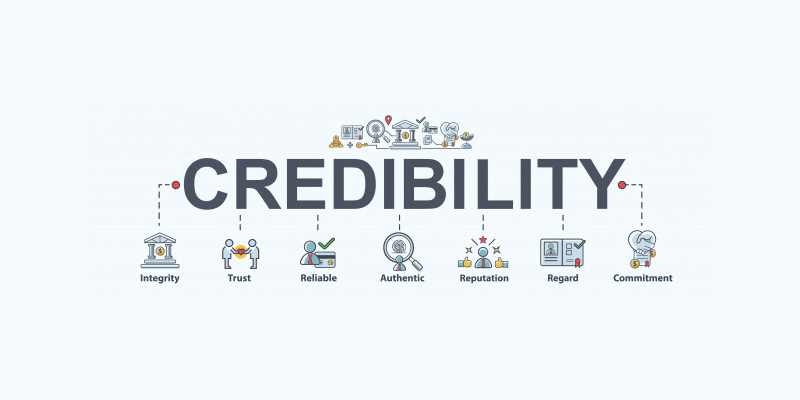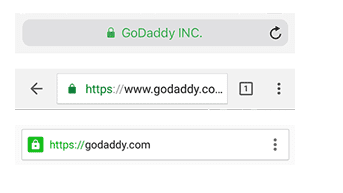How to Prove Your Brand’s Credibility in a Sea of Scam
Everywhere you hear news about organizations and business websites getting hacked.
Reports have it that computers and networks are being attacked at a rate of one every 39 seconds, and most of the surveyed organizations were affected by it.

No wonder people are hesitant to give out their personal information to businesses online while making a purchase.
How do you, as a startup entrepreneur or a small business, prove your brand’s credibility in a sea of scam?
The solution is not one-size-fits-all. It involves putting in a lot of effort and implementing effective strategies specific to your industry’s needs.
But if you are serious about your brand credibility and want to gain customer trust and loyalty, you have no other way out than to set to work and be consistent in your pursuit.
Luckily, technology can come of help in lightening your burden. Here are crucial strategies your e-commerce platform can implement to prove your band’s credibility.
1. Provide enough information
Whether you are a company that sells products or services, it is crucial to provide enough information to your customers. But ensure that the information is accurate and not misleading.
In a survey, it was found that the top reason for abandoning a product page by customers is a lack of information and details.

Customers don’t trust a brand that can’t provide enough information about what they are selling.
Consider hiring professional writers to churn out unique content that is engaging, error-free, and informative. It will also help you in boosting your SEO.
You can assess your user’s engagement with your product by using user onboarding software like Whatfix and re-engage lost users.
2. Include client reviews on websites
Statistics say that 90% of consumers read online reviews before they visit a business, while 84% of them trust online reviews as much as they trust a personal recommendation.
It is apparent that consumers want to see what other clients are saying about your products and services before they buy them. And there is no better way to do this than displaying them on your website.
It will give an indication that your brand is transparent. Moreover, it will improve sales as 74% of consumers say that positive reviews build more trust in a local business.
Don’t worry about a few negative feedbacks as it will only show that you are an authentic brand.
But if you don’t want to see negative feedback on your site or if they are proving to be an issue, try replying to their feedback with an apology rather than with compensation.
A study revealed that 45% of customers removed their negative comments written for a brand after receiving an apology, whereas only 23% of customers did the same after being compensated.
3. Inject personalization in your marketing strategy
Customers want brands to send them personalized offers and will probably switch brands if the effort is not made to personalize communications.

You can start implementing effective personalization by gathering and connecting data from across your entire organization. If you are able to build individual customer profiles and incessantly add to those profiles, you can build stronger relationships with customers eventually.
Another effective way to build trust is to engage with your target audience on social media. You may feel that a single reply on Facebook or tweet won’t count much. But over time, the relationship and trust you build through engaging with them can have a significant impact on your customer’s buying decision.
Personalization will also allow you to make relevant recommendations to your prospective clients and existing customers based on their past behavior, thus building trust.
4. Implement SSL certificate
One of the most effective ways to gain customer trust is to install an SSL certificate. There are plenty of benefits associated with it.
An SSL certificate encrypts your data so that it cannot be accessed by a third-party server. Along with that, it provides a trust seal and displays a green bar, small padlock, and HTTPS prefix in the user’s browser bar implying to your visitors that your website is secure.
For an e-commerce website, Extended Validation Certificates are preferred as besides checking domain name, owner authentication, and business registration, it offers many layers of encryption, preventing phishing and other malware attacks that are prevalent.
Moreover, search engines like Google will rank your site higher if you switch your site to HTTPS.
5. Maintain brand personality in communication
Consumers don’t want brands that use corporate-speak as they are keen on relating to your business before they connect with you.
A research found out that there is a link between brand personality and customer’s trust and commitment to the brand. Consumers who are committed to a brand would be the outcome of their trust in it.
Developing trust in a brand involves the development of a consumer-brand rapport that is chiefly based on personal experience with the brand.
It can be any type of consumer interaction with the brand- the real product, service experience, the communication with a company’s customer service representative, a glimpse at a brand symbol, or the brand’s marketing communication approach.
The key here is to maintain consistency in all aspects of the brand. Reports state that 60% of millennial consumers anticipate a consistent brand across all channels. You will also have to make the communication two-way to build a sense of intimacy.
Wrapping-Up
Whatever strategy you choose to implement, make sure that you are authentic, as 91% of consumers would preferably purchase from a genuine brand.
Apart from providing trustworthy information and details, and including reviews, remember to offer security to your customers by installing an SSL certificate. Injecting personalization in your marketing strategy and maintaining consistent brand personality in communication are other effective steps.
Don’t want to invest your time, energy, and money in building your own website? You can join the many and open up your store in a Multi-Vendor marketplace and start showcasing your products on a common storefront. It is easy to become a CS-Cart Multi-Vendor by filling in an application form and getting approved.
Yan Anderson is the Head of Content Marketing at CS-Cart with over 10 years of experience in the eCommerce industry. He's passionate about explaining complicated things in simple terms. Yan has expertise in building, running and growing eCommerce marketplaces. He loves to educate people about best practices, new technologies, and trends in the global eCommerce industry.


